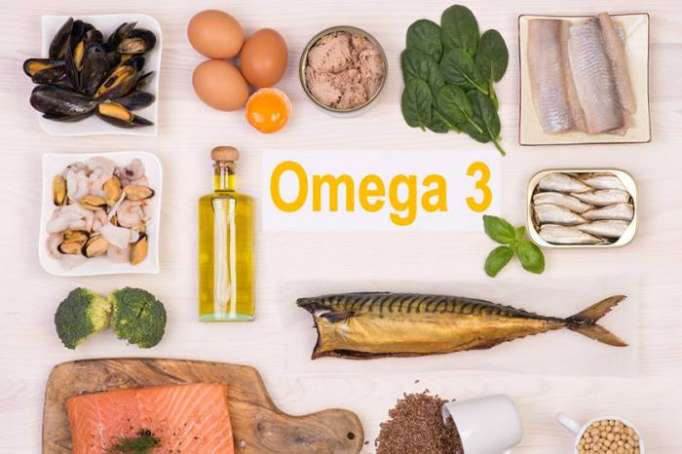Barely a week passes when the health benefits of omega-3 fatty acids aren’t spruiked by scientists and nutritionists alike. Now bundled in this increasing body of research is how these healthy fats are good for our kids.
Many studies are now showing that a diet rich in omega-3 fatty acids not only helps parents raise heart-healthy progeny, but may also help them be smarter, more focused and better behaved – isn’t that every parent’s dream?
Omega-3 basics
When it comes to fat, this is the one you don’t want to cut back on. Omega-3s are polyunsaturated fats that are essential nutrients for health. The body needs these fats for many normal body functions including good eye health, controlling blood clotting and building cell membranes in the brain.
Here’s another important fact: Since the body can’t make omega-3 fats, we must get them through food or supplementation.
The dietary sources of these super-nutrients fall into two food camps – animal-based (such as oily fish) and plant-based (such as chia and hemp seeds). Scientific evidence seems to favour the marine-life sources as they’re rich in two of the wonderkids of omega-3s, EPA and DHA.
Well-behaved kids and parents
Professor Adrian Raine, a psychologist in the department of criminology at the University of Pennsylvania in the US, reckons fish oil can make kids less anti-social. Last year Raine led a study in which children were given a daily drink rich in omega-3 fatty acids for six months. Another six months after the study ended, he found that the children’s behaviour significantly improved.
Interestingly, the behaviour of parents also improved even though they weren’t downing the drink, but this will be no surprise to parents, who know well that happy kids equal happy parents.
Still on the subject of behaviour, new research from the University of Gothenburg in Sweden has found that omega-3 and -6 supplements can also help some children and adolescents with ADHD (attention deficit hyperactivity disorder).
Does it make them smarter?
OK, the jury’s undecided on this one. A 2013 UK study found that school-aged kids with low levels of omega-3 – particularly DHA found in fish, seafood, and some algae – didn’t do well on reading scores and working memory tests.
However, many diet experts have this advice for parents hoping to raise a gifted toddler: Improved IQ doesn’t come in a bottle of pills or a plate of salmon.
Good nutrition is essential for brain development and functioning, but making sure your kids chow down on a tin of tuna in the afternoon won’t bestow genius powers upon them.
Last year, Australian scientists also poo-pooed the idea that loading up a pregnant woman with omega-3s will help her grow a super-brainy bub. The study, carried out by the South Australian Health and Medical Research Institute and the University of Adelaide, followed the cognitive development of 600 children from the foetal stage to age four.
Researchers found that the mums-to-be who pre-loaded on fatty acids didn’t give birth to smarter kids. But before pregnant women throw that salmon back in the sea, there are many health reasons to have an omega-3 rich diet as mentioned earlier. It just may not help you birth a genius.
Fish on the menu
The National Heart Foundation recommends Australian adults and teens consume at least 500mg per day of omega-3 fatty acids, although how much kids should have is a bit vague.
The Victorian Government’s health website, the Better Health Channel, says this recommended intake can be achieved by eating a combination of two to three serves of oily fish every week and supplementing with marine supplements (oil or capsule) and omega-3 enriched food or drinks, such as eggs, bread and milk.
As fish isn’t always at the top of the food faves for kids or vegetarians, there are also plant sources of omega-3s, called ALA, found in foods such as flaxseed and some leafy greens. But ALA hasn’t been found to be as effective for the body.
Fortified foods are another non-animal source of important omega-3s. More and more products, particularly milk and yoghurt, are enriched with EPA and DHA. So if your littlies refuse to eat anything fishy, make sure they get plenty of fortified foods.
There are also many omega-3 supplements for kids in the vitamin section of your chemist or supermarket. If you choose this line, take note that they’re not all created equal. Look out for a brand that includes high levels of EPA and DHA, and don’t exceed the daily recommended dose.
More about:
















































